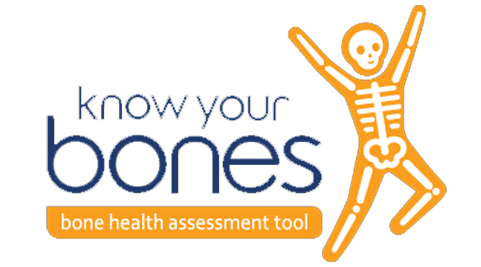Walking speed and grip strength could be early indicators of dementia before the onset of noticeable symptoms, a Monash University study reveals.
Researchers found slow walking speed combined with weak hand grip was a stronger predictor of cognitive decline and dementia in older adults than either measure alone.
The study of data from more than 18,000 initially healthy adults, mostly aged 70 and older in the ASPREE (a long-term study of aspirin and health in older adults), trial, revealed that a combined poor gait speed and grip strength was linked to a 79 per cent increased risk of dementia and a 43 per cent increased risk of cognitive decline.
Over time, the risk for dementia or cognitive decline was shown to be highest when gait and grip declined simultaneously over the study period of nearly 5 years, with an 89 per cent increased risk of dementia and 55 per cent increased risk of cognitive decline.
It’s the first time the two physical measures have been studied together to assess their combined link with changes in cognitive function.
During the course of the ASPREE trial, 2773 participants in this analysis developed cognitive decline and 558 dementia.
The findings have significant implications for dementia diagnosis, early intervention and treatment. Globally, the number of people living with dementia is expected to almost triple in three decades, from 57.4 million in 2019, to 152.8 million by 2050.
Lead author Dr Suzanne Orchard, a Senior Research Fellow with Monash University’s School of Public Health and Preventive Medicine, said the research showed an important link between age-related cognitive and physical decline.
“Poor physical function may be a marker of future risk of cognitive decline and dementia, and thus, understanding this association could enhance early detection and prevention strategies,” Dr Orchard said.
“While there are currently no cures for dementia, if identified early, treatment strategies can be implemented to slow its progression and manage the symptoms.”
Dr Orchard said simple grip strength and gait speed assessments could be adopted by GPs and other health care providers to help identify dementia risk early and establish treatment pathways to improve patient outcomes.
The study was conducted using data from the landmark ASPREE – ASPirin in Reducing Events in the Elderly – clinical trial. The multi-centre trial, exploring low dose aspirin and disability-free survival in older adults, mostly aged over 70 and was led by Monash University in Australia and the Berman Center for Outcomes and Clinical Research in the USA. Dr Orchard is the Australian director of ASPREE-XT, the observational follow-up study.
Participants’ grip strength and gait speed were measured upon entry to ASPREE and repeated during an average of 4.7 years.
Gait speed was timed walking at normal pace over a distance of three metres, while grip strength was assessed using a hand-held device to measure force. Researchers then compared these physical benchmarks against participants’ cognition, measured using assessments that examine functions such as memory and processing speed.
Findings come after researchers accounted for age, gender, education, ethnicity/race, starting cognitive level, depression, smoking, alcohol, living situation and diabetes.
This paper was published in the journal Alzheimer’s & Dementia: Diagnosis, Assessment & Disease Monitoring.


